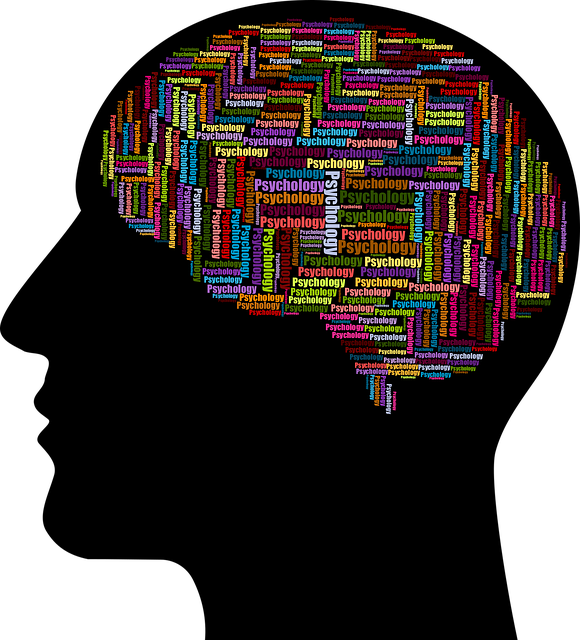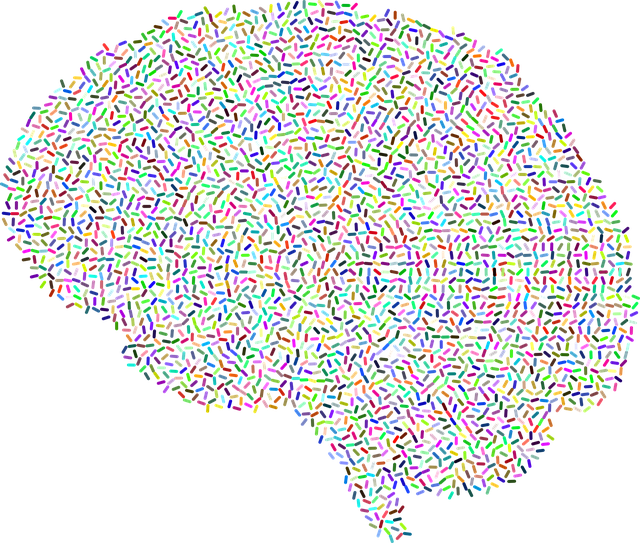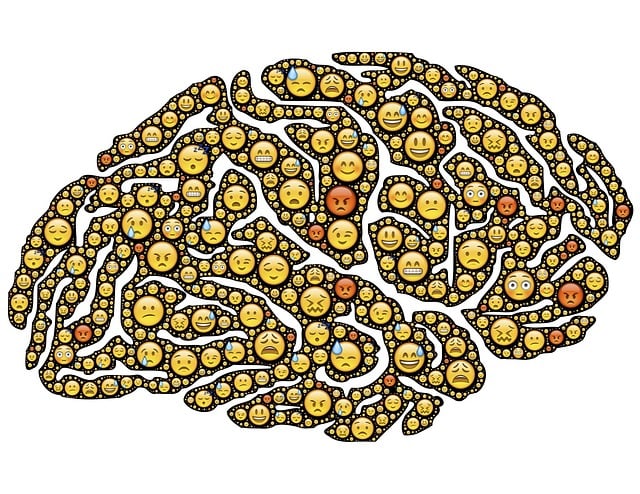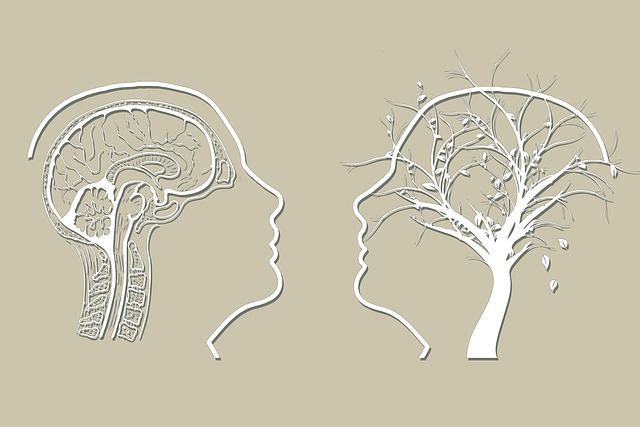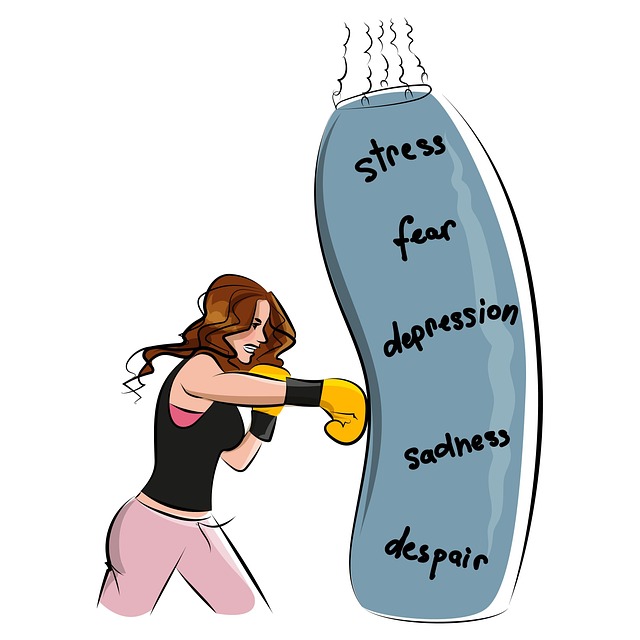Longmont Eating Disorders Therapy (LEDT) employs a holistic Resilience-Focused Methodology (RFM) to treat eating disorders, shifting the focus from the disorder to the individual's inherent capacity for growth. This approach combines evidence-based practices like structured therapy sessions, yoga, and tailored coaching programs to enhance emotional healing and promote client advocacy. By integrating diverse strategies such as cognitive reframing, mindfulness, and art therapy, LEDT fosters resilience through personalized exercises that challenge negative thought patterns and behaviors. The program also educates families on stress management, risk assessment, and healthy dynamics, aiming for long-term recovery and improved mental health.
In today’s digital era, understanding and building resilience is paramount for eating disorder recovery. This article explores the power of RFM (Recovery, Flexibility, Mastery) as a foundational approach in Longmont Eating Disorders Therapy. We delve into how exercise plays a pivotal role in this process, providing effective strategies for designing resilience-building exercises tailored to individual needs. By integrating these methods, therapists can foster flexibility, promote mastery over eating behaviors, and ultimately support long-term recovery.
- Understanding RFM: A Foundation for Resilience
- The Role of Exercise in Eating Disorder Recovery
- Designing Effective Resilience-Building Exercises
- Longmont Eating Disorders Therapy: Integrating RFM Approaches
Understanding RFM: A Foundation for Resilience

Resilience is a vital component of mental well-being, enabling individuals to navigate life’s challenges and adversities with strength and adaptability. RFM (Recovery-Focused Methodology) is an evidence-based approach that serves as a robust foundation for fostering resilience in individuals, especially those recovering from eating disorders like those seeking Longmont Eating Disorders Therapy. This methodology shifts the focus from the disorder itself to the individual’s inherent capacity for recovery and growth.
By employing RFM techniques, therapists can create a supportive environment that encourages emotional healing processes. The approach emphasizes cultural sensitivity in mental healthcare practice, acknowledging that every client brings unique experiences and perspectives shaped by their social and cultural backgrounds. This cultural awareness is integral to effective therapy, as it enables professionals to tailor interventions, ensuring that the Emotional Healing Processes are inclusive and meaningful. Additionally, RFM promotes advocacy, encouraging clients to become active participants in their recovery journey, which aligns with the broader goals of Mental Health Policy Analysis and Advocacy.
The Role of Exercise in Eating Disorder Recovery

Exercise plays a pivotal role in the recovery journey for individuals struggling with eating disorders. Beyond its physical benefits, regular physical activity serves as a powerful tool to enhance mental resilience and promote healthy coping mechanisms. Longmont Eating Disorders Therapy often integrates exercise into treatment plans, recognizing its ability to improve mood, reduce anxiety, and foster a positive body image. The structured environment of therapy sessions encourages clients to engage in activities that challenge their disordered thinking patterns while also teaching them effective stress management workshops organization skills.
Incorporating various forms of movement, such as yoga or group fitness classes, can help individuals develop conflict resolution techniques within themselves, allowing them to navigate triggers and cravings more effectively. Additionally, mental wellness coaching programs development can be tailored to include exercise as a strategy for emotional regulation and overall well-being. This holistic approach ensures that recovery is not just about changing eating habits but also nurturing a resilient mindset, making it easier for individuals to maintain their progress over time.
Designing Effective Resilience-Building Exercises

Designing Effective Resilience-Building Exercises plays a pivotal role in Longmont Eating Disorders Therapy, emphasizing the importance of empowering individuals to navigate life’s challenges with strength and adaptability. These exercises are tailored to address specific psychological needs, fostering a sense of control and self-efficacy. Mental health professionals should integrate diverse strategies, such as cognitive reframing, mindfulness practices, and stress management techniques, into their therapy sessions. By incorporating these elements, therapists can create a safe space for clients to explore and challenge negative thought patterns and behaviors associated with eating disorders.
For optimal impact, resilience-building exercises must be tailored to individual needs, considering factors like personal history, coping mechanisms, and cultural background. Incorporating creative approaches like art therapy or group discussions can enhance engagement and make the process more accessible. Moreover, regularly assessing risk factors through comprehensive evaluations, including a Risk Assessment for Mental Health Professionals, ensures that interventions remain effective and aligned with current mental health standards. Public Awareness Campaigns Development also contributes to fostering a supportive environment where individuals feel understood and encouraged to build resilience.
Longmont Eating Disorders Therapy: Integrating RFM Approaches

Longmont Eating Disorders Therapy (LEDT) is a pioneering approach that integrates Resilient Family Model (RFM) strategies to tackle eating disorders effectively. This innovative therapy focuses on building resilience within individuals and their families, empowering them to navigate challenging situations with enhanced coping mechanisms. By combining evidence-based practices with RFM principles, LEDT offers a holistic solution for those struggling with eating disorders.
The program involves tailored sessions that educate participants about stress management techniques, risk assessment strategies (as outlined in Mental Health Policy Analysis and Advocacy), and healthy family dynamics. Through interactive workshops organized by the Stress Management Workshops Organization, individuals learn to identify triggers, develop personal resilience, and foster supportive environments at home. This comprehensive approach not only addresses the symptoms of eating disorders but also equips families with the tools to prevent relapse, ensuring long-term recovery and improved mental health for all involved.
Resilience is a powerful tool for those recovering from eating disorders, and Longmont Eating Disorders Therapy has recognized this. By integrating RFM (Resilience, Flexibility, and Mindfulness) approaches into their practice, they offer a holistic healing journey. The article has explored the significance of RFM in building mental fortitude, with a focus on exercise as a catalyst for recovery. Effective resilience-building exercises, when tailored to individual needs, can empower individuals to navigate triggers and challenges, fostering a deeper sense of control and well-being. This innovative therapy approach in Longmont underscores the potential for transformative healing in the field of eating disorders treatment.

